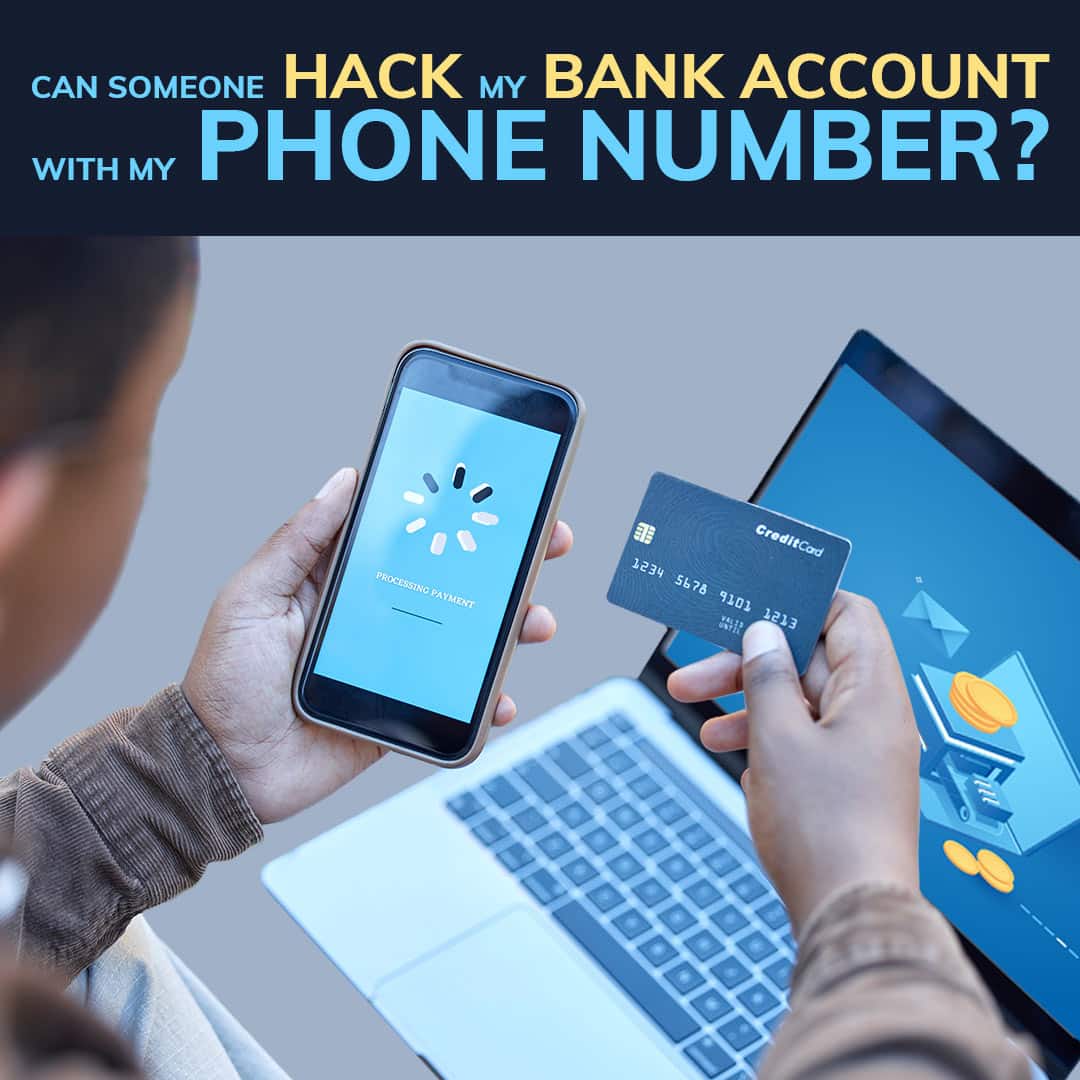Our phone numbers act as a direct line to us, now more than ever. They’re used as a method of contact and security purposes through two-factor authentication. While giving out your phone number isn’t as serious as providing your social security number, it can be used in ways you might not have imagined.
A lot of sensitive information can have your phone number attached in some form. With systems like online banking or social media, you may be required to receive text messages to prove you’re the one trying to log in. Scammers can access some of your most sensitive information using just your phone number.
What Can Hackers Do With Your Phone Number?
Here’s a quick look at some of the methods a scammer can use to access your accounts:
SIM Swap
A SIM swap attack is performed by a scammer who can take your phone number without even accessing your physical SIM card. They will work to convince your phone company to have your number moved to a SIM card that they hold. With a successful transfer of your number, they can bypass many security measures like two-factor authentication.
With a successful attack, they can gain access to your online bank account number and credit card accounts. They’ll effectively be able to begin a process of identity theft and access financial institutions under your name.
Phishing Scams
You may receive spam calls frequently, with some of us receiving up to three spam calls per day. What appear to be spam calls can occasionally be attempts to phish your account information.
Someone pretending to be from your bank, cell phone company, or other potentially credible source will ask you to provide account information. This is typically a request for account details that the company should already have and would never ask you about.
Phishing attacks can be sent via text and email as well. These messages will often appear with the branding of the company they imitate. They may present themselves as your bank, warning about fraudulent charges.
Spoofing Attacks
Spoofing is when a scammer impersonates your phone number. Using social engineering, they will attempt to contact people you know to get them to provide more information about you or demand money. The information they obtain can be used to steal your identity to perform more scams.
Malware
Malware can be hidden in a link or document that could be texted to you. It creates a door for a hacker to access your personal information. With the software downloaded, a hacker can get endless access to your personal information.
Protecting Your Personal Data
Some of the best measures you can take are to protect your accounts with strong passwords, not click on suspicious links or answer unknown calls, and not give out personal or financial information without verifying who you’re talking to. Companies will not contact you to ask for your personal information.
If you think your identity has been stolen, you can contact the three credit bureaus and invest in identity theft protection. At Digital Forensics, we can identify cybercriminals and help you secure your personal information.
Sources:
Mobile Fact Sheet | Pew Research
What Is Two-Factor Authentication (2FA)? How It Works and Example | Investopedia
Study shows Americans receive an average of over 3 scam calls a day | ABC4






